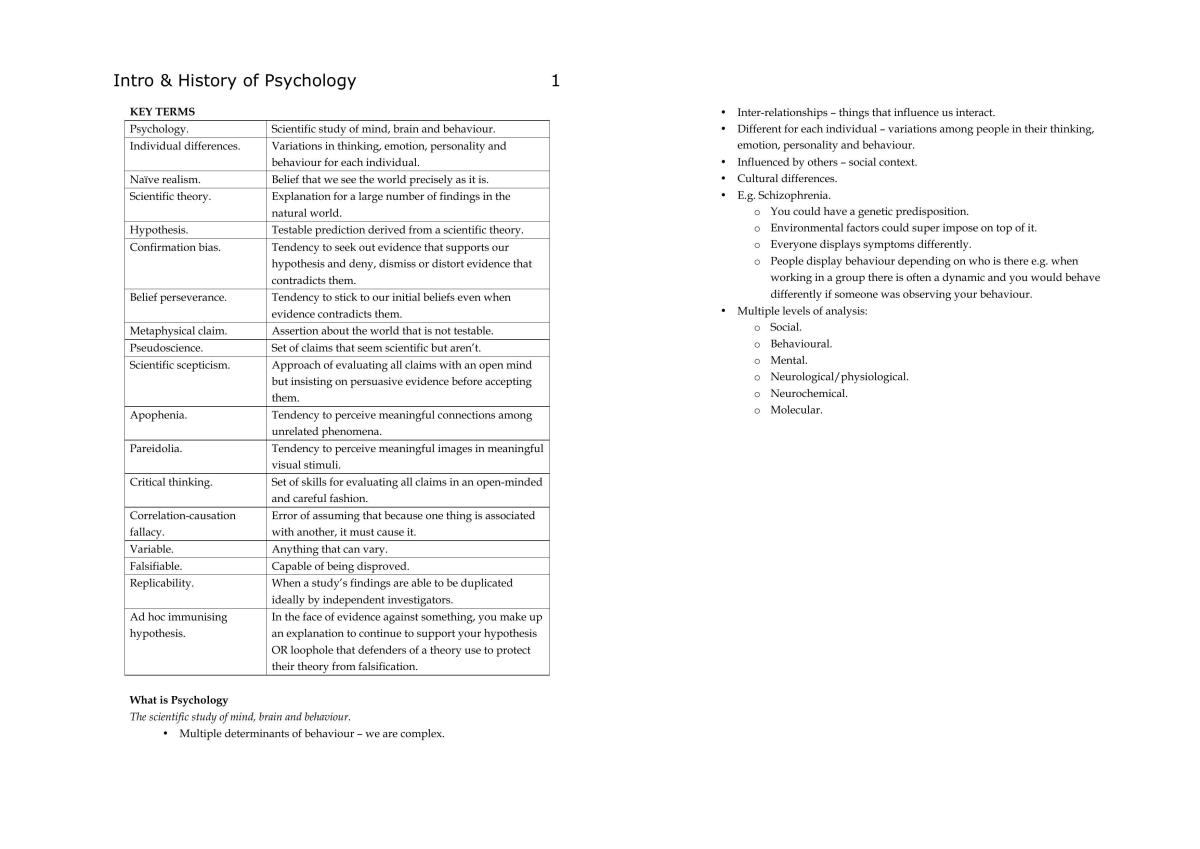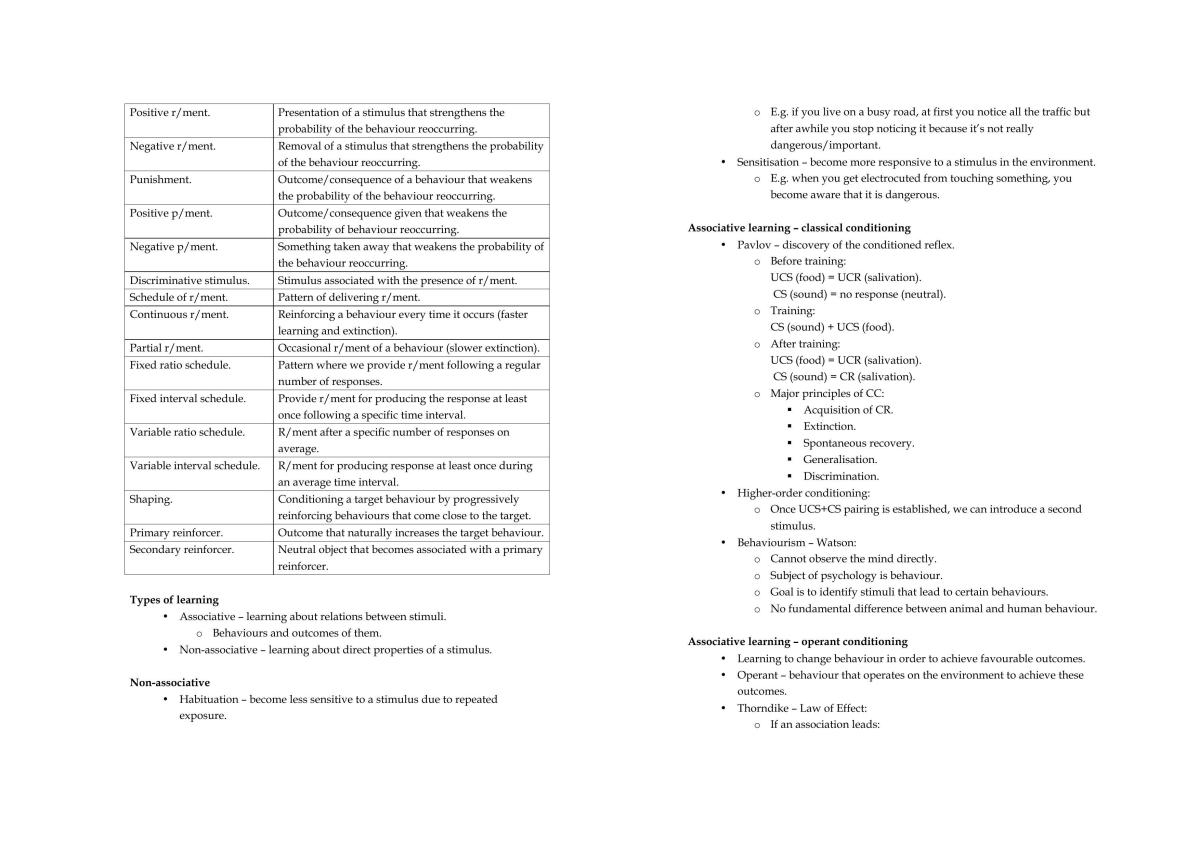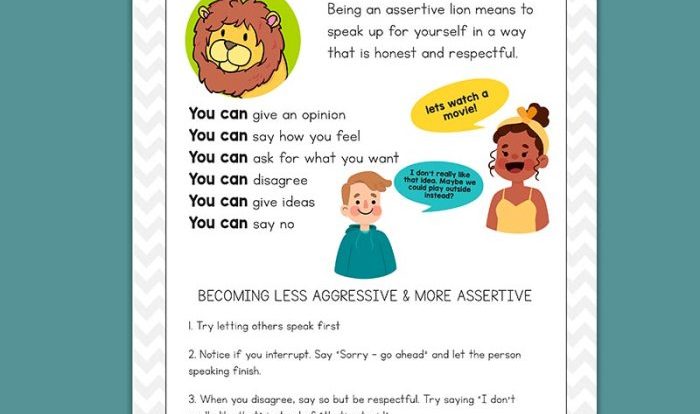Psychology 101 exam 1 answer key – Prepare to conquer Psychology 101 Exam 1 with this ultimate answer key! Dive into a treasure trove of essential concepts, exam structure insights, and proven study strategies, all presented in a clear and engaging style that will empower you to excel.
Unlock the secrets of psychology’s fundamental principles, navigate the exam’s format with ease, and master the art of answering exam-style questions like a pro. This comprehensive guide has got you covered every step of the way.
Psychology 101 Exam 1 Key Concepts: Psychology 101 Exam 1 Answer Key
Psychology 101 Exam 1 covers the fundamental principles of psychology, including the scientific method, research methods, and major theoretical perspectives. It also delves into specific areas of psychology, such as sensation and perception, learning, memory, cognition, motivation, emotion, and social psychology.The
exam assesses students’ understanding of the basic concepts and theories of psychology, as well as their ability to apply these concepts to real-world situations. By studying the key concepts Artikeld in this document, students can prepare themselves to perform well on the exam and gain a solid foundation in psychology.
Scientific Method
The scientific method is a systematic approach to understanding the natural world. It involves making observations, forming hypotheses, conducting experiments, and analyzing data to test hypotheses. The scientific method is essential to psychology because it allows researchers to test theories and develop new knowledge about the human mind and behavior.
Research Methods
Psychologists use a variety of research methods to study the human mind and behavior. These methods include:
- Observational methods: Observing people in their natural settings or in controlled laboratory environments.
- Experimental methods: Manipulating variables to test hypotheses about cause-and-effect relationships.
- Correlational methods: Examining relationships between variables to identify patterns and associations.
- Case studies: In-depth examinations of individuals or small groups to gain insights into psychological phenomena.
Major Theoretical Perspectives
There are several major theoretical perspectives in psychology, each of which offers a different way of understanding the human mind and behavior. These perspectives include:
- Biological perspective: Focuses on the role of biology, including genetics and neuroanatomy, in shaping behavior.
- Psychodynamic perspective: Emphasizes the role of unconscious conflicts and early childhood experiences in shaping personality and behavior.
- Behavioral perspective: Focuses on the role of learning and environmental factors in shaping behavior.
- Cognitive perspective: Emphasizes the role of mental processes, such as perception, memory, and thinking, in shaping behavior.
- Humanistic perspective: Emphasizes the importance of free will, personal growth, and self-actualization.
Sensation and Perception
Sensation refers to the process of detecting physical stimuli from the environment, while perception refers to the process of interpreting and organizing these stimuli. Sensation and perception are essential to our ability to interact with the world around us.
Learning
Learning is the process of acquiring new knowledge and skills. Psychologists have identified several different types of learning, including:
- Classical conditioning: Learning to associate two stimuli, such as a bell and food.
- Operant conditioning: Learning to associate behaviors with consequences, such as rewards or punishments.
- Observational learning: Learning by observing the behavior of others.
Memory, Psychology 101 exam 1 answer key
Memory is the ability to store and retrieve information. Psychologists have identified several different types of memory, including:
- Sensory memory: Stores information for a very brief period of time.
- Short-term memory: Stores information for a few seconds or minutes.
- Long-term memory: Stores information for an indefinite period of time.
Cognition
Cognition refers to the mental processes involved in acquiring, storing, and using knowledge. These processes include:
- Attention: The ability to focus on specific stimuli.
- Language: The ability to use and understand language.
- Problem-solving: The ability to find solutions to problems.
- Decision-making: The ability to make choices.
Motivation
Motivation refers to the forces that drive behavior. Psychologists have identified several different types of motivation, including:
- Biological motivation: Motivation driven by basic needs, such as hunger and thirst.
- Psychological motivation: Motivation driven by psychological needs, such as the need for achievement or affiliation.
Emotion
Emotion refers to the subjective experience of feelings, such as happiness, sadness, anger, and fear. Emotions are often accompanied by physiological changes, such as changes in heart rate and blood pressure.
Social Psychology
Social psychology is the study of how people think, feel, and behave in social situations. Social psychologists study a wide range of topics, including:
- Social cognition: The way people think about themselves and others.
- Social influence: The way people influence each other’s thoughts, feelings, and behaviors.
- Social relationships: The way people form and maintain relationships with others.
Exam Format and Structure
Psychology 101 Exam 1 consists of various types of questions designed to assess students’ understanding of the key concepts covered in the course.
The exam format typically includes the following sections:
Multiple Choice Questions
- These questions present several answer options, and students must select the one that best completes the statement or answers the question.
- Multiple choice questions test students’ factual knowledge and comprehension of the material.
True/False Questions
- These questions present a statement, and students must indicate whether it is true or false.
- True/false questions assess students’ understanding of the basic concepts and their ability to distinguish between correct and incorrect information.
Short Answer Questions
- These questions require students to provide brief, concise answers to specific questions or prompts.
- Short answer questions test students’ ability to recall and apply the knowledge they have learned.
Essay Questions
- These questions require students to write more extended responses that demonstrate their understanding of the material and their ability to analyze and synthesize information.
- Essay questions allow students to showcase their critical thinking skills and their ability to communicate their knowledge effectively.
Study Strategies

To ace your Psychology 101 Exam 1, it’s crucial to adopt effective study strategies. Here are some tips to help you review course materials, take notes, and practice answering exam-style questions.
Reviewing Course Materials
Regularly review your textbooks, lecture notes, and any additional readings. Engage actively with the material by highlighting key concepts, summarizing chapters, and creating flashcards for important terms and definitions.
Taking Notes
During lectures and while reading, take comprehensive notes that capture the main ideas, supporting evidence, and examples. Use different colors or symbols to organize and categorize information. Consider using the Cornell Note-Taking System, which allows for easy review and recall.
Practicing Exam-Style Questions
To familiarize yourself with the exam format, practice answering multiple-choice, short-answer, and essay questions. Use old exams, sample questions provided by your professor, or create your own practice questions based on the course material.
Example Questions

Exam 1 questions are designed to test your understanding of key concepts covered in the first part of the course. They may include a mix of multiple-choice, short answer, and essay questions.
Here are some example questions from past Psychology 101 Exam 1 papers:
Multiple Choice
- Which of the following is NOT a perspective in psychology?
- Biological
- Cognitive
- Psychodynamic
- Spiritual
- The scientific method involves:
- Observation
- Hypothesis
- Experiment
- All of the above
Short Answer
- Describe the role of the amygdala in the brain.
- Explain the difference between a neuron and a neurotransmitter.
Essay
- Discuss the strengths and weaknesses of the psychodynamic perspective in psychology.
- Describe the different types of memory and how they work.
Additional Resources
In addition to your textbooks and class notes, there are several additional resources that can help you prepare for Psychology 101 Exam 1.
These resources include online materials, such as websites, videos, and podcasts, as well as study groups and tutoring services.
Online Materials
There are a number of websites that offer free or low-cost materials for psychology students, including:
- The American Psychological Association (APA): https://www.apa.org/
- The National Institute of Mental Health (NIMH): https://www.nimh.nih.gov/
- Psychology Today: https://www.psychologytoday.com/
- Verywell Mind: https://www.verywellmind.com/
These websites offer a variety of resources, including articles, videos, and podcasts, on a wide range of psychology topics.
Study Groups
Study groups can be a great way to review material, discuss concepts, and quiz each other.
If you are interested in joining a study group, you can ask your professor or classmates if they know of any groups that are forming.
You can also create your own study group by reaching out to classmates who are interested in studying together.
Tutoring Services
If you are struggling with the material in your psychology class, you may want to consider getting a tutor.
Tutors can help you understand difficult concepts, review for exams, and improve your study skills.
You can find tutors through your university’s academic support center or by searching online.
Quick FAQs
Where can I find additional practice questions for Psychology 101 Exam 1?
Your textbook, online resources, and study groups are valuable sources of additional practice questions.
How should I allocate my study time effectively?
Create a study schedule that prioritizes key concepts, allocates sufficient time for review, and allows for breaks to avoid burnout.
What are the most important concepts to focus on for the exam?
Review the key concepts Artikeld in this answer key and pay special attention to those emphasized in class or by your professor.
